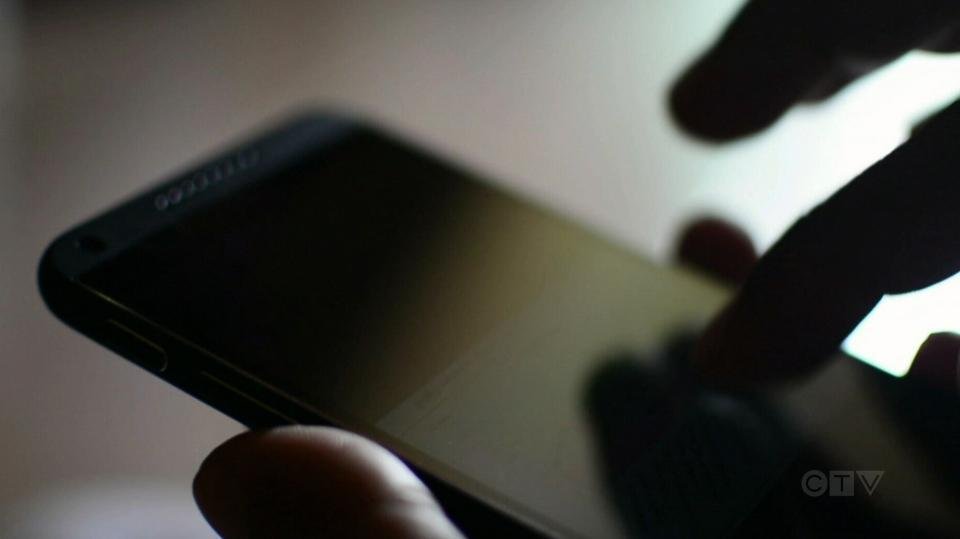Mobile Stalking: Η σκέψη του να παρακολουθείται από κάποιον η κάθε κίνησή του – φυσική ή ψηφιακή – είναι αρκετή για να προκαλέσει τρόμο στον οποιαδήποτε.
Being stalked and/or threatened by someone who holds a grudge against you is something most people think is limited to TV and movies, but shocking new statistics data by Kaspersky in collaboration with Alliance Against Stalkerware bring to the fore a stunning increase in stalkerware usage on mobile devices.

Οι ψηφιακές τεχνολογίες έχουν καταστήσει σημαντικά ευκολότερο για τους ανθρώπους να παραμένουν συνδεδεμένοι όπου κι αν βρίσκονται. Το αποκαλούμενο stalkerware, ειδικό εμπορικό λογισμικό κατασκοπίας, εγκαθίσταται χωρίς τη συγκατάθεση του ιδιοκτήτη της συσκευής για να μεταφέρει τις προσωπικές πληροφορίες του θύματος – εικόνες, βίντεο, συνομιλίες, γεωγραφικά data – σε έναν κεντρικό server, που μπορεί να χρησιμοποιηθεί εναντίον κάποιου ατόμου, είτε για να προκαλέσει συναισθηματικό ή πραγματικό κακό.
The analysis [1] by Kaspersky shows that the global number of mobile device users attacked by stalkerware increased by 67% worldwide last year, from 40,386 mobile phone users affected in 2018 to 67,500 in 2019. In Greece, the corresponding number increased by 26 % in 2019 compared to 2018.
5% of women in the EU say they have experienced one or more cases of stalking since the age of 15. On the occasion of International Women's Day, Kaspersky wants to seize the opportunity and try to protect women from this digital threatening.
This of course is an issue that remains important every day of the year for all members of society, not just women, but research shows that women are significantly more likely to fall victim to cyberbullying, sexual harassment and digital stalking compared to them. men, and the consequences of this kind of violence are more traumatic for the victims [2].
International Alliance Against Stalkerware

Together with nine recognized companies and organizations, Kaspersky unveiled the Global Alliance Against stalkerware at the end of last year to join forces against software designed for such purposes. This new global action team combines expertise in victim assistance and digital security to help those affected by stalkerware.
As a non-commercial initiative, the project aims to bring together actors from non-profit organizations, the digital security industry and other sectors such as law enforcement, under one roof.
"Together with our partners in the Stalkerware Alliance, we want to join forces and know-how to put an end to violence, especially against women, which is emerging from emerging technologies and our increasingly connected lifestyles. . "Our goal is to ensure that everyone affected has the knowledge they need to protect themselves against digital stalking and receive the support they need in the event of a victim," said Christina Jankowski, Senior External Relations Manager at Kaspersky.
Kaspersky Tips to Minimize the Risk of Mobile Stalking Victims:
- Prevent the installation of programs from unknown sources in your smartphone settings to protect yourself from stalkerware and malware.
- You are using a trusted password that no one else should know - even if it is a family member or a person you trust.
- Do not store unknown files or applications on personal devices, as these may damage your privacy.
- If your ex-partner had access to your personal devices, change the security settings immediately at all when the relationship is over.
- Check all your applications at regular intervals to see if any suspicious programs have been installed without your consent. Delete applications you are not using.
- Use a trusted security solution that alerts you in the event of an attempt to install spyware. Although the stalkerware it is legal in some countries and not recognized as malware, many products ασφάλειας προειδοποιούν ακόμη τους χρήστες γι' αυτού του τύπου τις απειλές, που είναι επίσης γνωστές ως “not-a-virus”.
Mobile Stalking: The 5 most important signs of stalkerware on your smartphone

Increased data usage
Spyware applications require internet access to transfer the recorded data. If there is an unexplained increase in data usage, there is a chance that your smartphone has been "infected" with stalkerware.
Poor battery operation and low performance
Due to the constant background activity, stalkerware applications consume a lot of memory, CPU and battery. Therefore, regularly check which of your applications use your smartphone resources.
Unknown applications
Pay attention to applications that you do not recall that you have installed. It may be surveillance software installed on the device without your consent.
Suspicious noise in the background
Αν ακούτε παράξενους θορύβους στο παρασκήνιο κατά τη duration των κλήσεων, δεν σημαίνει πως πάντα φταίει η κακή σύνδεση. Μερικές stalkerware εφαρμογές μπορούν να καταγράψουν τηλεφωνικές κλήσεις. Αν αυτό το πρόβλημα υφίσταται συχνά, τουλάχιστον προσέξτε το.
People know your personal information
If people you did not access your personal data or accounts know about recently taken photos, places you visited, or other personal information, they may have accessed that data through stalkerware.
[1] https://securelist.com/mobile-malware-evolution-2019/96280/[2] https://eige.europa.eu/sites/default/files/documents/cyber_violence_against_women_and_girls.pdf
_______________________





